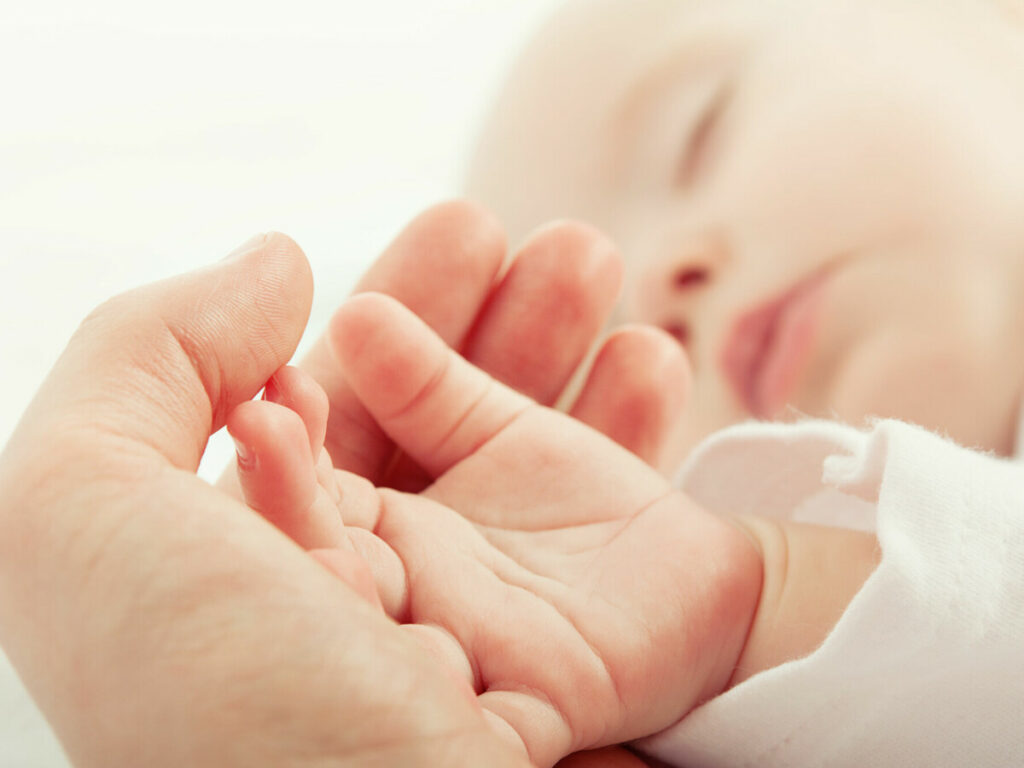Blog Post
Baby bust: Demographic winter will likely hit America hard in the 2030s
By Jonathon Van Maren
The myth of overpopulation—much beloved by population control experts, environmental activists, and progressives—has taken yet another blow recently. As noted by a report in the Daily Mail:
The famous American work ethic helped the United States become the economic superpower of the 20th century. But experts warn the decision to prioritize careers over families has set the country on an irreversible path to economic destruction. The reason? People do not have enough children anymore.
A baby boom in the mid-20th century saw the average woman give birth to between three and four children. Today, just 1.6 children – the lowest level recorded since data was first tracked in 1800. This could lead to economic devastation in America down the line – as the federal government would need to collect more taxes to fund programs such as Medicare and Social Security – while dishing out less benefits to each person.
The downward trend of American fertility has accelerated in recent decades, as the ‘Instagram generation’ of millennials and zoomers prioritize their careers, travel and relaxation over building families.
A replacement birth rate would mean that the average woman has 2.1 children, and in 2010 the rate had already fallen to 1.9. It has dropped 15% since then, to 1.6 in 2020. According to census projections, the American population will start to plummet in 2035. In order to sustain social programs like Medicare, the government will have to raise taxes significantly. Economists are warning that we have not yet grappled with the realities that will come with having a nation with more grandparents than grandchildren—a spectre first eloquently highlighted by Mark Steyn in his 2006 bestseller America Alone: The End of the World As We Know It.
According to Dr. Melissa Kearney, an economics professor at the University of Maryland, this drop has been due, among other things, to “a greater emphasis on spending time building careers. Adults are changing their attitudes toward having kids. They are choosing to spend money and time in different ways.” They are opting for traveling, for example, over parenting. To be fair, cost of living has much to do with it, as well. Student debt cripples many young people who struggle in an uncertain job market. If people have any children at all, they usually have them later. The sexual revolution has also transformed the dating landscape, making marriage and commitment seem both unattainable to many and undesirable to some.
READ THE REST OF THIS COLUMN HERE








